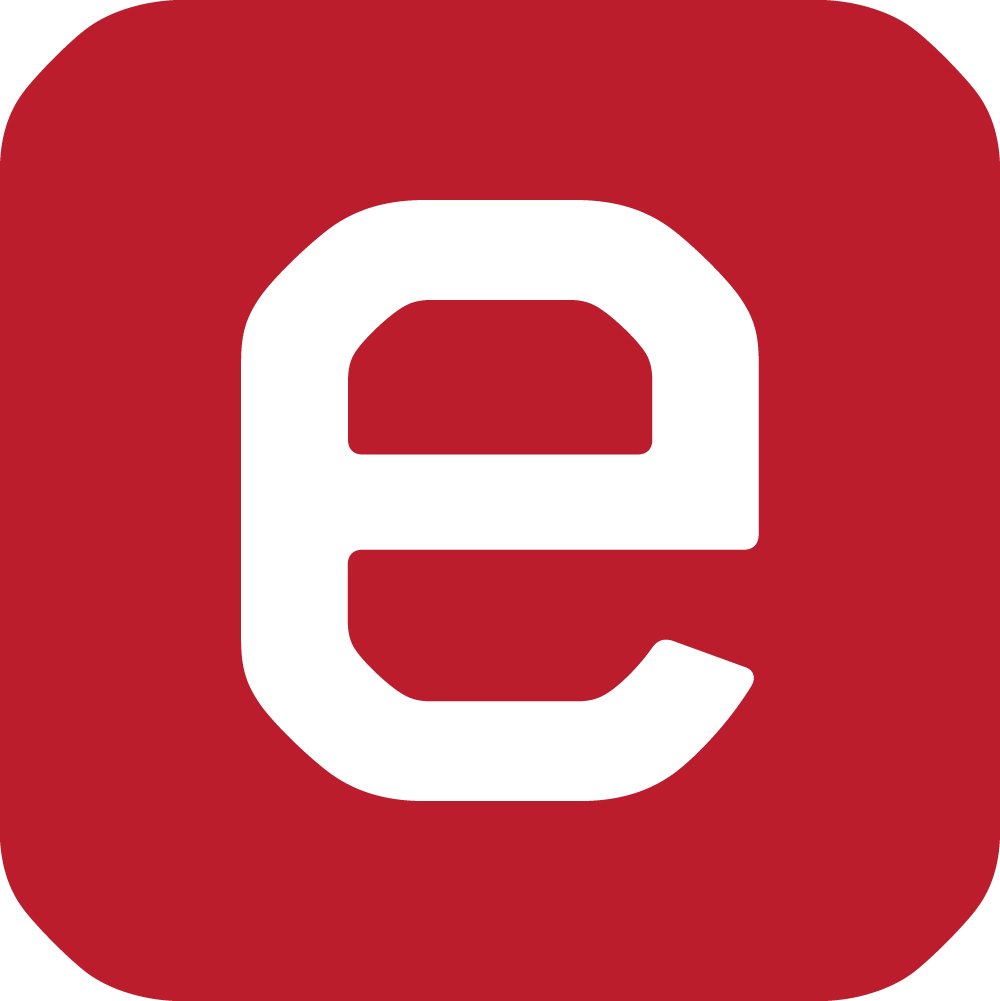What is a Customer Communication Management (CCM) system?

From banks and insurers to public sector agencies and communication service providers, the way organizations engage with their customers is rapidly evolving. Security, personalization, and compliance are no longer “nice-to-haves”, they are essential to maintaining trust and efficiency across every customer touchpoint.


CCM market growth is estimated to reach USD 2.2 billion by 2026 from USD 1.3 billion in 2021
In this guide, you'll learn:
What Customer Communications Management (CCM) is and why it matters today
How CCM differs for enterprises vs. communication providers
What to look for in a modern CCM platform
Best practices for implementation and long-term success
How e‑Boks enables secure, compliant communication at scale
Customer Communications Management (CCM) refers to the systems and strategies organizations use to plan, execute, store, and optimize customer-facing communications across digital and physical channels. It includes everything from utility bills and policy notices to marketing campaigns and real-time updates.
Modern CCM platforms are built to ensure:
Secure and traceable document delivery
Personalization across multiple channels
Centralized control of communications
Real-time visibility into user engagement
Who uses CCM?
Enterprises like banks, insurers, and telecoms
Public sector agencies and digital governments
Communication service providers (CSPs) who act on behalf of clients
For example, a bank may use a third-party CCM vendor to manage messaging infrastructure - while that vendor, in turn, uses e‑Boks to securely deliver compliant communications via encrypted digital postboxes.
Not all CCM platforms are equal. Here's what a best-in-class system should provide:
| Feature | Why It Matters |
| Omnichannel Delivery | Send messages via email, SMS, secure inbox, or mobile apps |
| End-to-End Encryption | Ensure confidentiality of sensitive data |
| Consent & Audit Trails | Track user permissions and regulatory compliance |
| Template Management | Maintain brand consistency and reduce manual work |
| Analytics & Reporting | Optimize engagement and monitor delivery success |
| Integration Flexibility | Connect with CRM, ERP, or third-party platforms |
| Sustainability Features | Reduce paper and emissions via digital delivery |
| Data Hosting | Whether Public Cloud, On-Premise, or Hybrid Cloud are offered. |
Customer Communications Management touches several groups at once, not only the teams who send messages but also the partners who operate infrastructure and the people who receive the communication. This overview shows how CCM creates value for each stakeholder.
| Stakeholder | What CCM helps them achieve |
| Enterprises and financial institutions | Centralize customer communication across all channels, reduce manual work, and ensure that sensitive content follows internal policies and regulatory requirements. |
| Public sector authorities and digital governments | Deliver timely and traceable messages to citizens, support digital inclusion, and document compliance with data protection and transparency rules. |
| Communication service providers and CCM vendors | Offer secure, scalable infrastructure on behalf of clients, add value with analytics and automation, and plug into trusted delivery channels such as encrypted digital postboxes from e Boks. |
| End customers and citizens | Receive clear and consistent messages in one place, choose how they want to be contacted, and trust that their information is handled securely and in line with local law. |
Direct Use (Enterprises):
A telco or insurer might use a CCM platform internally to manage document workflows and personalize client messages.
Indirect Use (Communication Service Providers):
Communication service providers (CSPs) act as intermediaries for enterprises, delivering regulated content at scale. e‑Boks enables these CSPs to plug in secure delivery mechanisms - such as digital postboxes - ensuring encryption, traceability, and compliance.
This layered approach is increasingly common in regulated industries, where security and auditability are essential. An example is the strategic partnership between e-Boks and Cumulo9, to improve digital communications in APAC.
A modern CCM solution delivers far more than efficiency:
Better customer experience: Personalized, consistent, and timely communication
Stronger compliance: Adherence to GDPR, eIDAS, and local data laws
Lower operational costs: Digital-first delivery reduces printing and postage
Reduced risk exposure: Encryption and traceability prevent unauthorized access
Sustainability gains: Digital formats support ESG goals and paperless operations
Learn more about sustainability gains through the modern CCM, Digital Postbox Platform.
Organizations that combine a modern CCM platform with secure digital postboxes typically reduce print and postage volumes by tens of percent, while improving delivery rates and transparency for both customers and internal teams. As more communication moves into digital channels, CCM becomes a key driver of cost savings, regulatory readiness, and customer satisfaction.
Not all communication platforms are created equal.
See how e‑Boks helps leading enterprises deliver secure and auditable messages—while reducing cost and complexity.
Explore the e-Boks Digital Postbox Platform
Successful CCM adoption requires both a technical foundation and cross-functional alignment. Here's a simplified roadmap:
Define your goals – Clarify whether you're optimizing for cost, compliance, engagement, or scale
Select the right vendor – Evaluate platform capabilities, integration support, and certifications
Ensure executive buy-in – Align legal, marketing, and IT teams on transformation goals
Centralize your workflows – Avoid channel silos; manage content and delivery in one place
Prioritize security – Choose vendors with encryption, audit logs, and secure access controls
Train your teams – Equip your people to use templates, monitor analytics, and engage users
Track, learn, iterate – Use engagement data and feedback to continuously improve communication quality
Learn more about digital business transformation by reading this guide.
Embrace omnichannel delivery – Meet users where they are (email, mobile, secure inbox)
Enable self-service – Offer communication preferences, opt-ins, and account updates
Segment your messaging – Customize by user type, location, or behavior
Build feedback loops – Use surveys and NPS to track communication performance
Audit regularly – Ensure compliance by testing message delivery, access controls, and logs
Despite being widely used, standard email is not designed for secure communication. Messages are typically transmitted in plain text, making them vulnerable to interception during transit. Without end-to-end encryption, sensitive information - such as account details, personal identifiers, or regulatory documents - can be exposed to unauthorized access.
Beyond encryption concerns, email is also a major attack vector for cyber threats. Techniques like phishing, where attackers pose as trusted entities to trick recipients into revealing information, and ransomware, where malicious attachments or links can lock down systems, are commonly distributed through email. These risks are amplified by the lack of built-in delivery guarantees, audit trails, and strong user authentication.
All of these limitations make email ill-suited for regulated industries that demand secure, traceable, and compliant communication. Organizations that rely solely on email to distribute important information are not only exposing their customers to risk - they're potentially compromising their own data integrity and regulatory standing.
e‑Boks provides the secure infrastructure that enables organizations and communication providers to:
Deliver sensitive messages through encrypted digital postboxes. To learn how e-Boks does this, read this article.
Manage large-scale campaigns with full traceability
Reduce costs and carbon footprint via paperless workflows
Integrate with existing CRM or CCM platforms via APIs
Remain compliant across evolving EU and global data regulations
With more than 22 million users and hundreds of public and private senders, e-Boks processes hundreds of millions of documents every year through its encrypted platform. For CCM users, this means they can rely on infrastructure that is already proven in national digital communication schemes and high volume enterprise use cases. Read more about how e-Boks helps organisations distribute documents securely through its encrypted platform.
What types of messages can be handled by a CCM system?
Billing, legal notices, onboarding, claims, HR documents, marketing, and transactional updates.
How is CCM different from CRM?
CRM tracks and analyzes customer relationships. CCM governs how you communicate with those customers, across formats and channels.
Can e‑Boks be used by communication providers, not just enterprises?
Yes. e‑Boks enables CSPs to deliver secure, compliant communication for their clients - especially in finance, insurance, and public sectors.
Can I use CCM with existing systems?
Yes. Most platforms, including e‑Boks, offer API integrations for smooth implementation.
Is CCM still useful if we already use CRM and email
Yes. A CRM manages customer data and sales activity, and email is only one delivery channel. CCM coordinates the content, timing, branding, and compliance of every message across all channels, so it fills a different role in your communication stack.
How long does it take to implement a CCM system
Timelines depend on scope and integrations, but many organizations start with a focused rollout in a few months by covering a limited set of journeys and channels. They then expand in phases as templates, data flows, and governance mature.
Ready to build a scalable, secure, and sustainable communication strategy?
Get in touch with e‑Boks to explore how our CCM platform can help you modernize your customer communications with confidence.